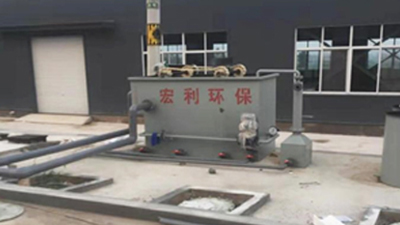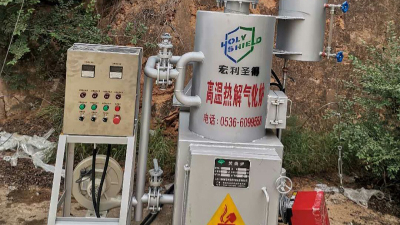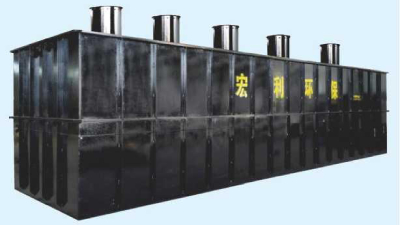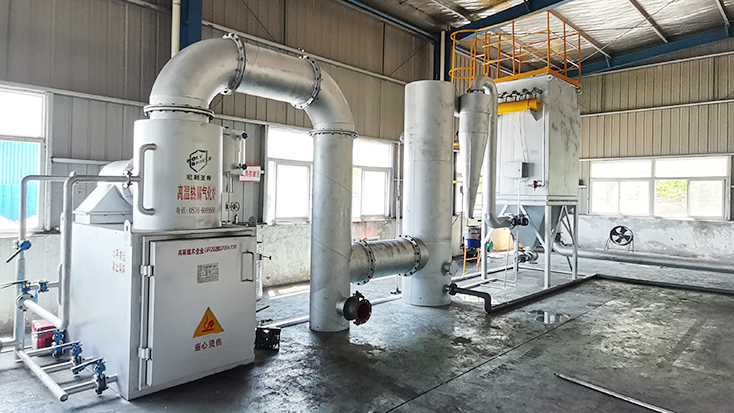



As long as the industrial waste incinerator is used for a short period of time, coking will inevitably occur on the furnace wall, and the appearance of coking is not a good thing. This will affect the continued use and delay the working cycle. The principle of how coking occurs is as follows:
①The main factor that threatens the safe operation of waste incinerators is inertial deposition. Since the initial deposition layer is mainly caused by the condensation of volatile ash components and the thermal migration of fine particles, it is difficult to prevent the formation of the initial deposition layer in actual operation.

②It is related to the temperature of impacting ash particles. When the temperature of impacting ash particles is very high and it is in a molten liquid state, it is easy to bond, which intensifies the coking process.
③The thickness of the ash coke layer is usually uneven, which is related to the structure of the furnace, the middle position of the combustion, aerodynamic characteristics, the temperature characteristics of the furnace, and the physical and chemical properties of the fuel.
④The thickness and structure of the coke block will be very different at different positions of the waste incinerator hearth. Compared with general fuel combustion, waste incineration has low calorific value, high water content and relatively inferior texture.
⑤The incineration process of industrial waste incinerators is complex, the shape of waste is uneven, and the quality varies with seasons, ages and regions, and the corresponding calorific value varies greatly, resulting in large fluctuations in flue gas temperature and composition during the incineration process.
The incineration of solid waste incinerators is more complicated than the usual fuel combustion process. It can be said that the inherent characteristics of waste determine its prone to coking.

At present, Holy Shield's high-temperature waste gasifiers mainly include household waste incinerators, industrial waste incinerators, animal incinerators, medical waste incinerators, etc., which can meet various waste treatment needs. The product has the advantages of easy operation, full combustion, automatic control, reliable insurance, convenient maintenance, and low investment.